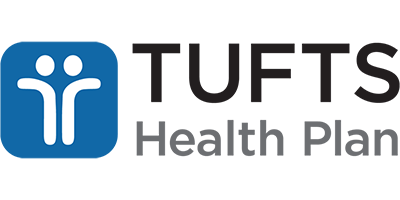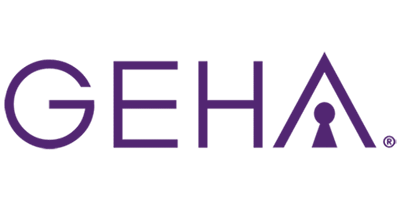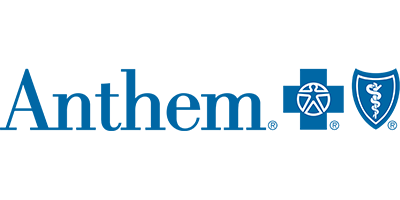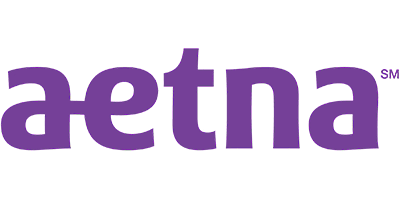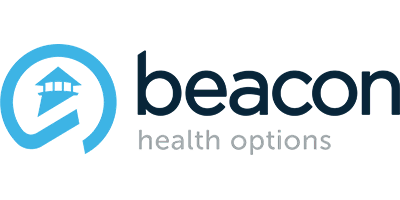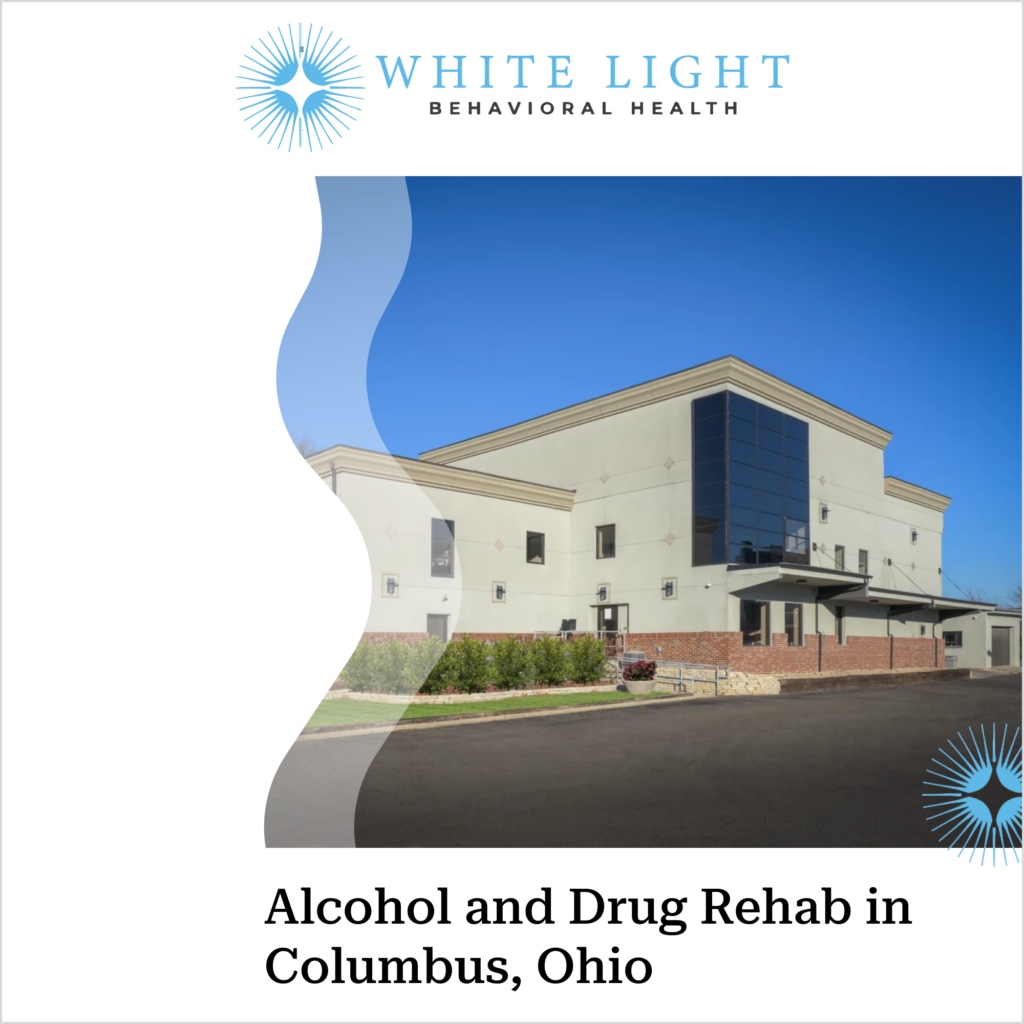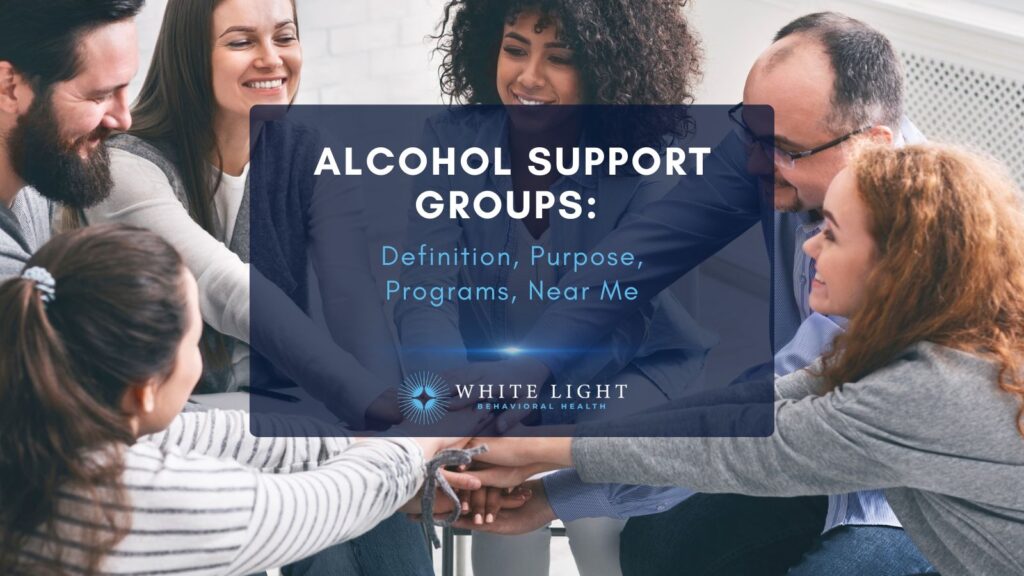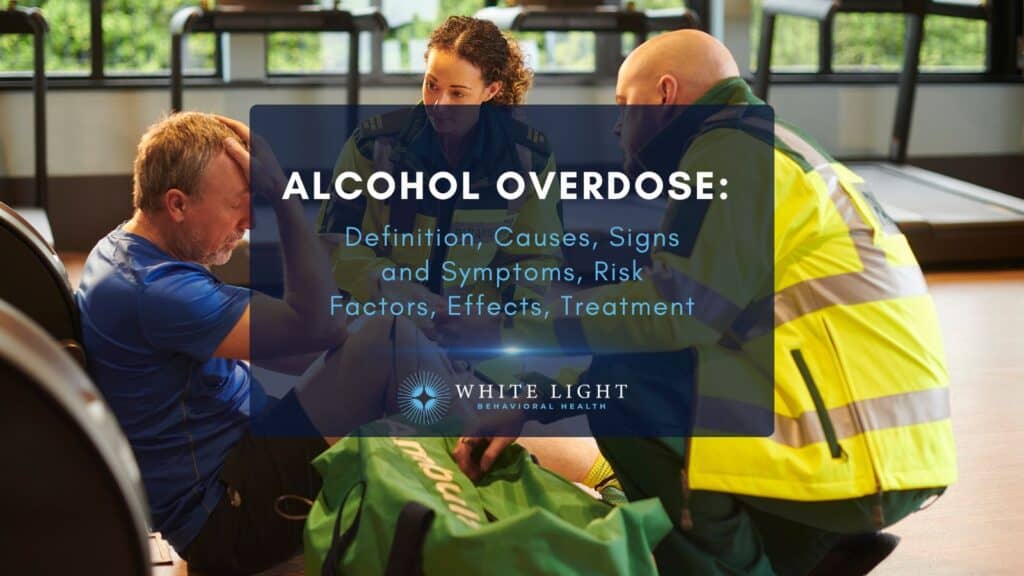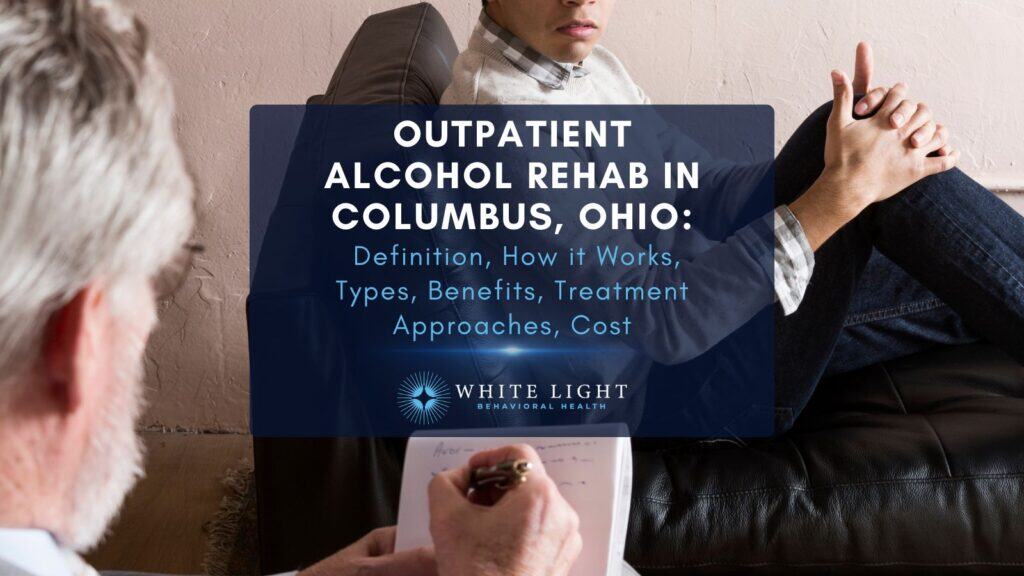Overdose Prevention & Harm Reduction In Columbus, Ohio
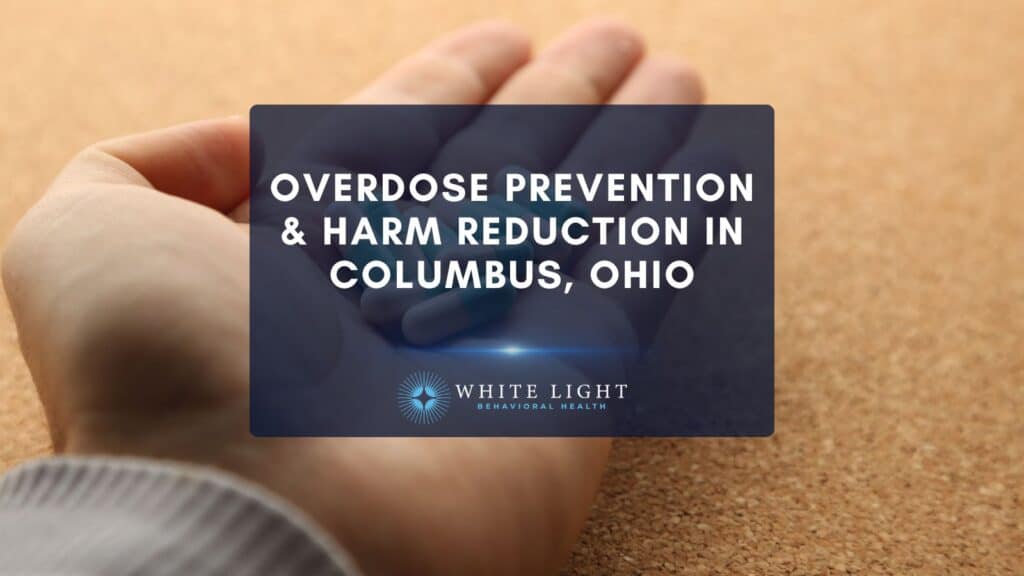
Given the continuing opioid crisis, it is essential to be well-informed about overdose prevention and harm reduction.
According to a report by the Ohio Department of Health (2024), Ohio recorded 4,452 unintentional drug overdose deaths in 2023, marking a 9% decrease from the previous year.
This includes knowing how to recognize an overdose, what to do if one occurs, and where to find resources for help. Here is essential information about overdose prevention and harm reduction.
What Are Overdose Prevention and Harm Reduction?
Overdose prevention and harm reduction are public health strategies that aim to reduce the harms associated with drug use. Overdose prevention focuses on reducing the risk of an overdose, while harm reduction aims to minimize the negative consequences of drug use. Both approaches seek to improve the health and well-being of clients who use drugs.
Did you know most health insurance plans cover substance use disorder treatment? Check your coverage online now.
What are the signs of an Overdose?
The signs and symptoms of an overdose include respiratory depression, slow heart rate, pinpoint pupils, blue lips, sweating, and vomiting. The signs vary depending on the type of drug involved. If you notice any of these signs, do not hesitate to seek medical help — it could save a life.
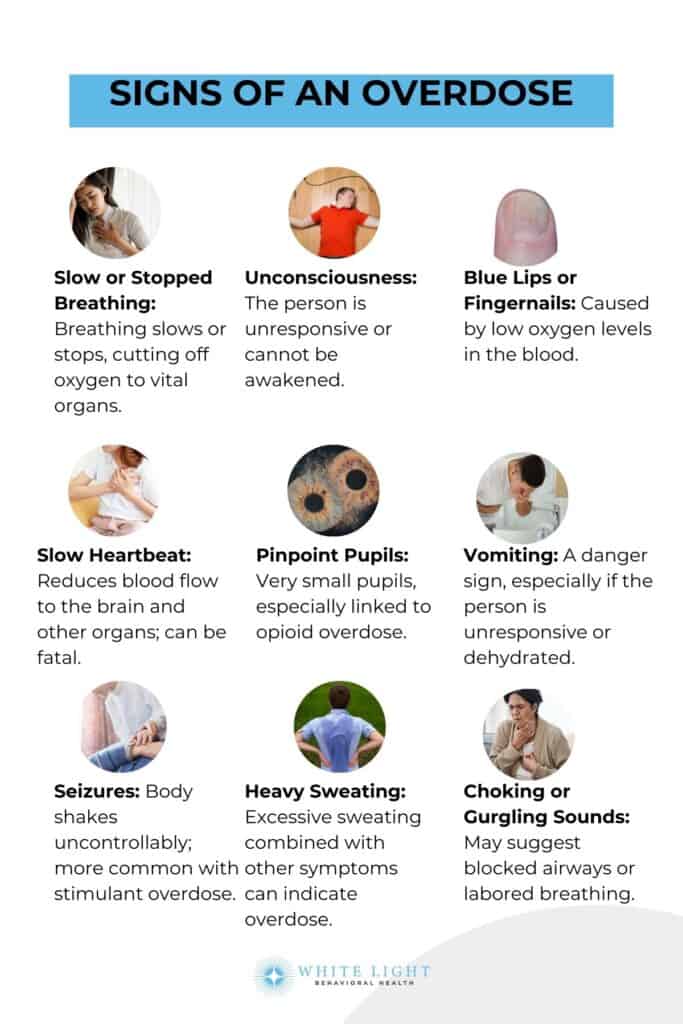
The following are signs that indicate that someone is experiencing an overdose.
Respiratory Depression
When you breathe, your body takes in oxygen and eliminates carbon dioxide in the process known as respiration. Respiratory depression occurs when someone’s breathing rate slows down or stops altogether. This is deadly because the person cannot get enough oxygen to their brain or other vital organs.
Unconsciousness
If someone experiences a reduced level of consciousness or cannot be awakened, they might be experiencing an overdose. This is a medical emergency and requires immediate help.
Blue Lips or Nails
Lips and nails may turn blue due to a lack of oxygen in the blood. This is a sign of respiratory depression and requires immediate medical attention.
Slow Heart Rate
A slow heart rate can indicate an overdose, especially if it is accompanied by respiratory depression. A heart rate that is too slow can cause a lack of blood flow to the brain and other vital organs, which can be fatal.
More Resources on Addiction:
Contact us today to schedule an initial assessment or to learn more about our services. Whether you are seeking intensive outpatient care or simply need guidance on your mental health journey, we are here to help.
Pinpoint Pupils
Pupils that are constricted or pinpoint may indicate an opioid overdose. This is because opioids cause the pupils to constrict.
Vomiting
Vomiting can signify an overdose, especially if accompanied by other symptoms like respiratory depression or unconsciousness. If someone is vomiting and cannot keep down liquids, they are at risk for dehydration, which is dangerous. Vomiting as an overdose symptom requires emergency attention.
Seizures
Seizures can occur with drug overdose and are likely with stimulants like cocaine or methamphetamines. If someone is having an attack, they will lose consciousness, and their body will shake uncontrollably. This is a medical emergency and requires immediate help.
Sweating
Excessive sweating can signify an overdose, especially if accompanied by other symptoms like seizures or a fast heart rate.
Choking Sounds
Prolonged choking sounds can indicate an overdose, and you need to seek medical assistance immediately.
Rediscover Life at White Light Behavioral Health
Get the compassionate support you deserve. We're here to help you reclaim joy, wellness, and a brighter future.
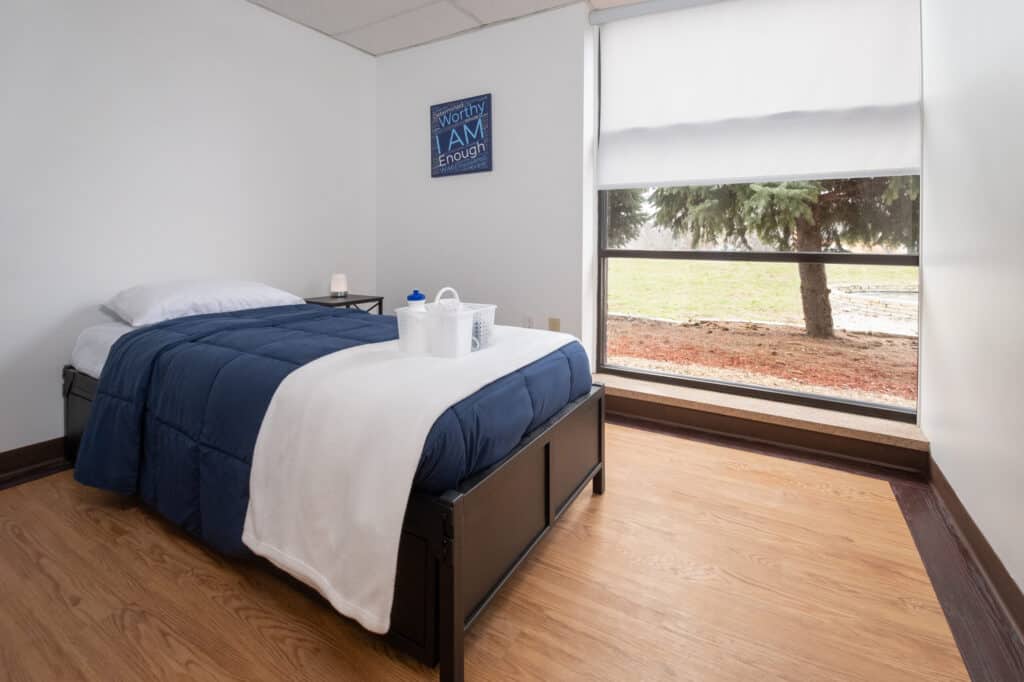
How to Respond to an Overdose
Once you spot the signs and symptoms of overdose, it’s time to seek medical assistance. Immediately call 911, and start CPR if you are trained to do so.
Also, be sure to stay with the person until help arrives. If the person is awake and alert, do not leave them alone.
Try to keep them calm and comfortable while you wait for medical assistance.
How Can You Prevent an Overdose From Happening?
You can prevent an overdose from happening by acknowledging the addiction and seeking help. Early intervention prevents overdose and increases chances of recovery.
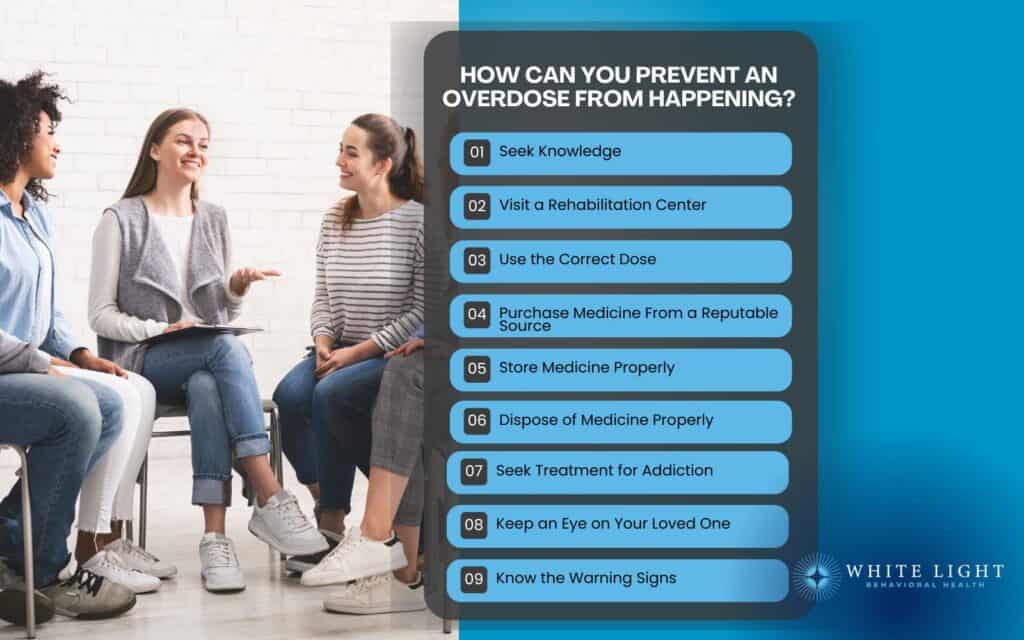
Here are some things you can do to help prevent an overdose from happening in the first place.
Seek Knowledge
Learn as much as possible about the drugs you or your loved one is using. This includes both street drugs and prescription medications. Knowing the effects of different drugs helps you better understand what signs to look for if someone overdoses.
Visit a Rehabilitation Center
A rehabilitation center is a great place to seek help if you or a loved one is struggling with addiction. Their team of experts can help you better understand the risks of drug use and how to prevent an overdose. They can also offer medication-assisted treatment (MAT) to help you overcome the effects of an overdose.
Use the Correct Dose
If you are taking medication, be sure to follow the directions on the label. Elderly and mentally ill clients may need assistance to take the correct dose.
Do not take more than the recommended dose. Taking too much of any substance can put you at risk for an overdose.
Are you covered for treatment?
White Light Behavioral Health is an approved provider for Blue Cross Blue Shield and TUFTS, while also accepting many other major insurance carriers.
Check Coverage Now!Purchase Medicine From a Reputable Source
If you’re buying medicine online, just as when going to a drugstore, you should only purchase from a pharmacy that is licensed and certified. Also, check that the medication is in its original packaging and has the correct dosage.
Store Medicine Properly
All medication should be stored properly in a cool, dry place. Keep it out of reach of children and pets. Otherwise, there is a risk that they could accidentally take too much.
Dispose of Medicine Properly
When you no longer need medication, be sure to dispose of it properly. This includes both prescription and over-the-counter drugs.
Do not flush medicines down the toilet or pour them down the drain. Instead, take them to a drug take-back program or hazardous waste disposal site.
Seek Treatment for Addiction
If you or a loved one is fighting an addiction, seek detox and treatment as soon as possible. Many resources are available to help you on the road to recovery. With the right help, overcoming addiction and living a healthy, drug-free life are possible.
Did you know most health insurance plans cover substance use disorder treatment? Check your coverage online now.
Keep an Eye on Your Loved Ones
Most overdoses happen when people use drugs alone. If you have a loved one who is struggling with addiction, make sure to check in on them often. Offering support and encouragement helps them stay on the path to recovery.
Did you know most health insurance plans cover substance use disorder treatment? Check your coverage online now.
Know the Warning Signs
There are many warning signs that someone is using drugs excessively. These include changes in behavior, physical appearance, and mood. If you notice these signs, you must talk to your loved one about their drug use.
Is Overdose Preventable?
Yes, overdose is preventable despite what many people think. By taking the proper precautions and knowing the warning signs, you can help prevent an overdose from occurring.
Overdose is a serious public health issue. According to a report by the Ohio Department of Health titled “2023 Unintentional Drug Overdose Annual Report,” published in 2024, Ohio recorded 4,452 unintentional drug overdose deaths in 2023, marking a 9% decrease from the previous year.
By engaging in prevention and harm reduction efforts, you help reduce this number. There is still a lot of stigma surrounding drug addiction.
This makes it difficult for people to seek treatment. You lessen the stigma and make it simpler for individuals to obtain the treatment they need by participating in preventive and harm reduction initiatives.
Awareness is vital in the fight against overdose. By creating awareness, you aid in educating others about the dangers and effective overdose prevention measures.
When you engage in overdose prevention and harm reduction efforts, you show your support for those struggling with addiction.
Can an Overdose Affect Anyone
Yes, overdose can affect anyone. Drug overdose does not discriminate.
It can affect people of all ages, races, and socioeconomic backgrounds. This is why it is so crucial for everyone to be aware of the risks and how to prevent an overdose from happening.
Is Overdose Treatable?
Yes, overdose is treatable. Addiction is a treatable disease.
There are many resources available to help someone on the road to recovery. With the proper treatment, it is possible to overcome addiction and live a healthy, drug-free life.
What Is the Best Resource for Overdose Prevention and Harm Reduction in Ohio?
The best resource for overdose prevention and harm reduction in Ohio is a rehabilitation center.
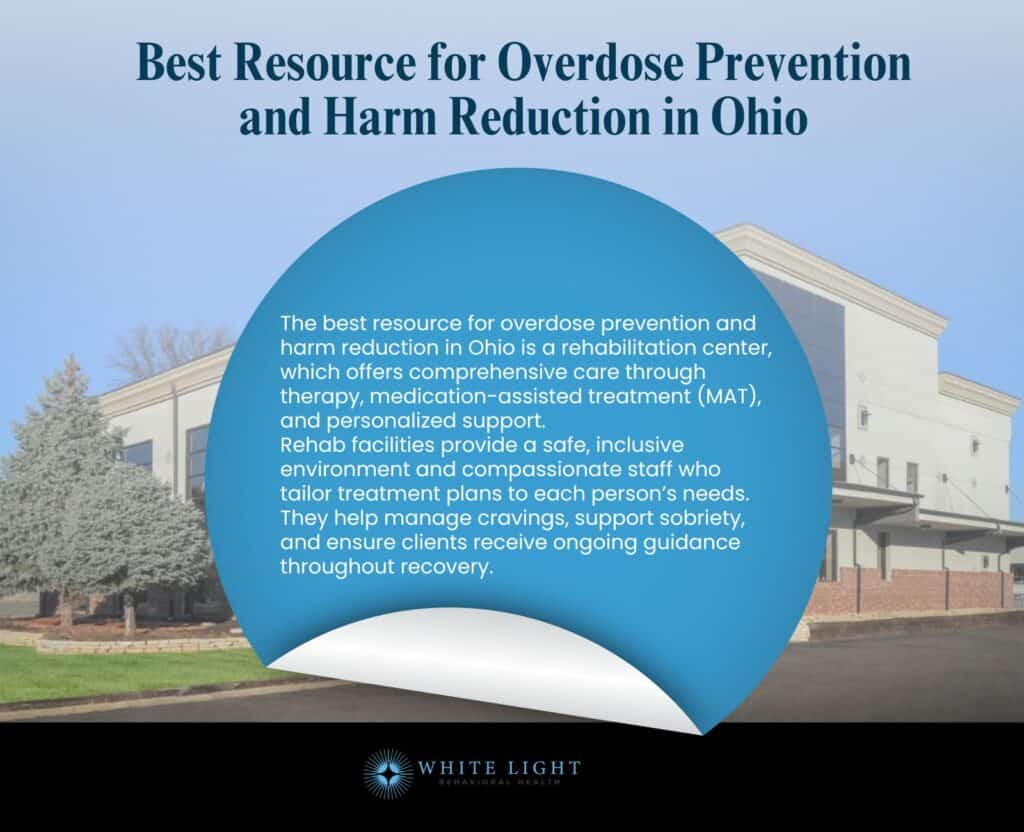
Rehab provides behavioral health services to clients. They offer various services, including individual and group therapy, medication-assisted treatment (MAT), and case management.
When you come to a rehab facility, you will receive personalized care from its experienced and compassionate staff. They will work with you to develop a treatment plan that meets your unique needs.
If you are struggling with addiction, professionals provide you with access to medication-assisted treatment. This treatment helps to reduce your cravings and make it easier for you to stay sober.
In addition to providing you with access to treatment, the professionals at a rehab center offer you the support you need to overcome addiction. Caring staff will be there for you every step of the way.
Rehab provides a safe and welcoming environment for all clients, regardless of race, ethnicity, gender identity, or sexual orientation. They believe that everyone deserves access to quality care.
Share This Post

